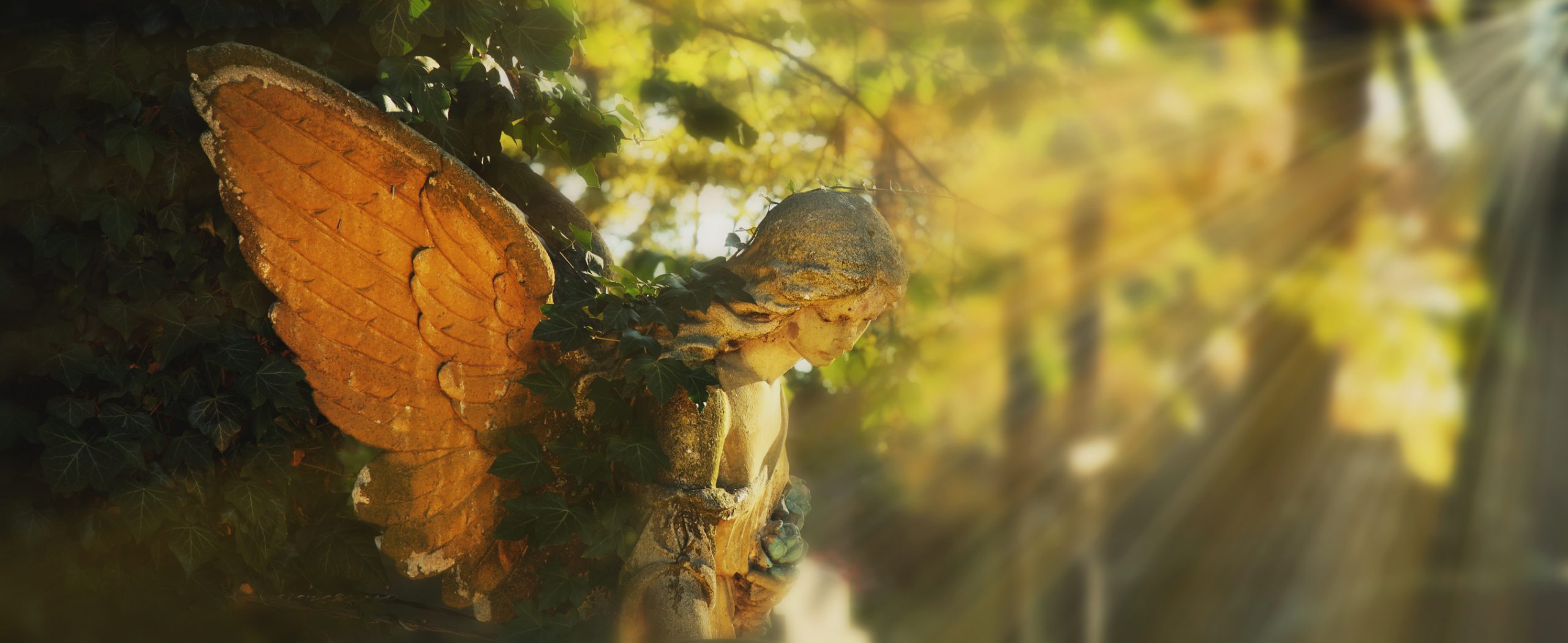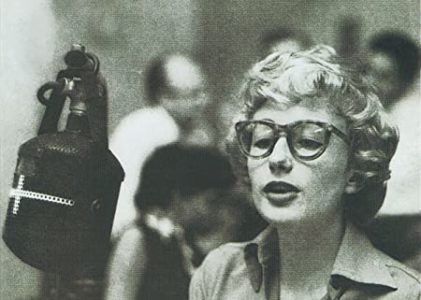Another exclusive behind-the-music story from the staff and management of Angels Grace Hospice.
To many, the post-war 1950s were a largely inconsequential, if not forgettable decade – an era of tail fins, Davy Crockett hats, Ike practicing his putting on the White House lawn, and, of course, a seemingly endless array of gee-whiz, kid-centric and befuddled-dad sitcoms.
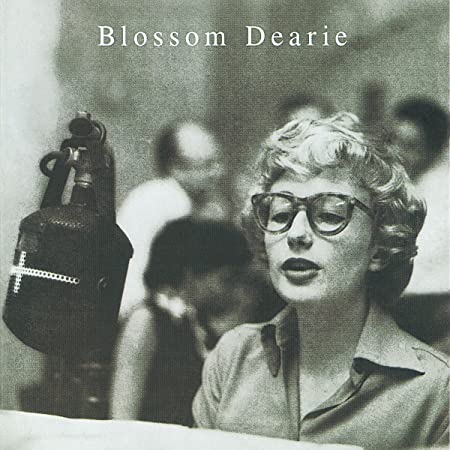
Likewise, musically, the ’50s are now largely thought of as a decade dominated almost entirely by men’s voices – everyone from Perry Como, Frank Sinatra and Nat King Cole to Bobby Darin, Bill Haley and, perhaps more than any of them, Elvis Presley.
But just as true historians understand that the ’50s were a time of great art and often bold artistic expression, true music buffs know full well that, just maybe, the decade’s greatest and most timeless songs were sung, not by men, but women.
And today we’d like to tell you about one of the most unique of all those voices, a true one-of-a-kind instrument that stands to this day as one of the most underappreciated of the decade’s many brilliant but now largely forgotten female voices.
Her name was Blossom Dearie – Blossom being her middle name, and one she adopted professionally as a struggling artist in the Greenwich Village of the late ‘40s – and, indeed, there might still be no more aptly named singer in the history of American music.
The blonde, coquettish and often wide-eyed Blossom never intended to be a singer. Her plan was to become a great jazz pianist. The singing thing was just something she stumbled into.
Trained in classical piano in a tiny hamlet in Upstate New York when she was five, she soon began listening to the likes of Duke Ellington, Benny Goodman and Count Basie on the family radio and in doing so became a child obsessed with jazz, particularly jazz piano. That’s why, after high school, Blossom packed her bag and moved to New York City to pursue that life.
After a few educational but largely fruitless years, she moved to Paris, where she’d heard they had a thriving jazz scene. On the city’s famed Left Bank, she formed a trio with her friend from New York, Bob Dorough, and, indeed, emerged as her new combo’s lead singer.
But whereas Dearie had been schooled on the proper way to play, she had no such formal training when it came to singing. For that reason, she never used her diaphragm. She used her regular speaking voice, and when she sang the sound originated not from her chest but from her throat.
That voice – one fueled by its almost eerily youthful, girl-next-door quality – was what first captivated Norman Granz, founder of the world’s premier jazz label, Verve Records, who heard Blossom sing and play on a trip to Paris and, between sets that night, told the young lady she needed to come back to the States and start making records for him.
And that’s exactly what Blossom Dearie did.
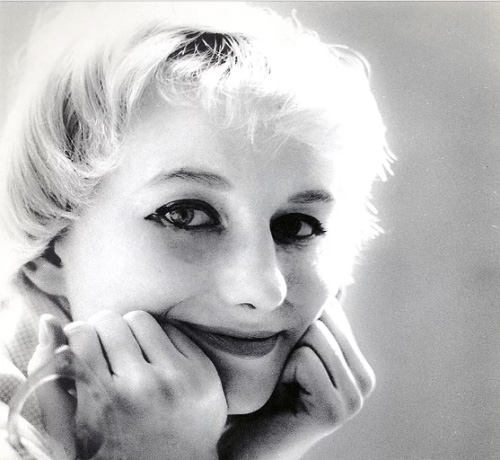 Blossom DearieNow, to be honest, it’s not like Blossom ever experienced a moment where the sheer magnitude of her talent won the day, and she became a household name. Instead, it was almost the opposite. She spent her entire career on the fringes of widespread acceptance. Only insiders and the truly knowledgeable seemed to grasp Blossom Dearie’s brilliance, especially as a pianist.
Blossom DearieNow, to be honest, it’s not like Blossom ever experienced a moment where the sheer magnitude of her talent won the day, and she became a household name. Instead, it was almost the opposite. She spent her entire career on the fringes of widespread acceptance. Only insiders and the truly knowledgeable seemed to grasp Blossom Dearie’s brilliance, especially as a pianist.
Dave Garroway, the original host of the Today Show, became an early supporter, and regularly showcased her talents on his program, as did NBC’s Jack Paar, host of the Tonight Show.
Meanwhile, a young Miles Davis, who met Blossom in a small Greenwich Village basement where he discovered the two had a mutual appreciation for the jazz potential of the Rogers and Hammerstein song, Surrey With a Fringe on Top from the recent hit “Oklahoma!,” would later call her “the only white woman with soul.”
Likewise, even though Bill Evans is now considered one of the most brilliant and innovative pianists of all time, when asked for his own musical influences, he cited Blossom and what she’d taught him about using fourths in chord phrasing. He said he’d never heard any pianist do that before. He’d go on to call Dearie one of the models upon whom he’d built his own playing style.
Critical acclaim aside, though, Blossom Dearie certainly had at least a few brushes with mainstream fame.
In the early 1960s, she got hired to sing a national Hires Root Beer radio commercial that proved so wildly popular on stations all across the country that Hires “sponsored” her next album, something that allowed her record label to sell Blossom Dearie Sings Rootin’ Songs for the rock-bottom price of just fifty cents and a pair of bottle caps.
Then, later that decade her buddy from Paris, Bob Dorough, reached out. He’d been hired to write and produce a series of songs for ABC’s Saturday morning cartoon block targeting school-age kids. As a result, Blossom and Dorough became the two signature voices behind one of the most innovative and beloved concepts in the history of children’s television, Schoolhouse Rock.
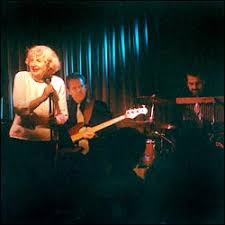
Perhaps if her music had been somewhat less unique and a touch easier to categorize, she might have received more radio airplay than she did.
Perhaps if she’d been more focused on success than on her music, she might have been able to leverage the alluring quality of her voice into a far more lucrative career.
And even though she was briefly married in the mid-1950s, if she’d been less obsessed with exploring the upper reaches of her talent and playing a brand of jazz that could, at times, seem hers and hers alone, she might have lived a more traditional life and, in the end, be more accessible to a broader audience.
Yet, Blossom was an artist, through and through, and would remain one until the day she died in her tiny one-bedroom apartment in her beloved Greenwich Village.
So, with that, Angels Grace Hospice urges you to take some time to explore our website and learn a little bit about who we are and what we do.
And while doing so, please scroll down and sample the latest playlist we’ve created for you; one featuring, among others, the incomparable Blossom Dearie; one we’ve dedicated to some of the greatest voices from one of our most overlooked decades; and one we’ve titled simply…“1950s Ladies of Song.”
. . . .
You’ll need a Spotify account to listen to this full playlist otherwise you can skip through the previews below.

